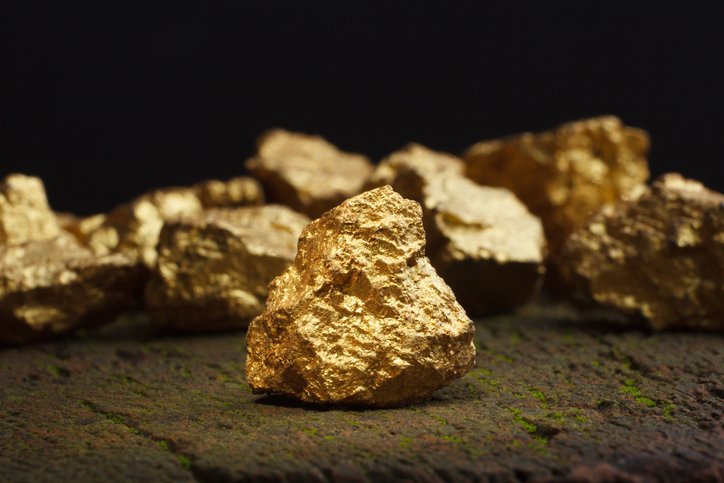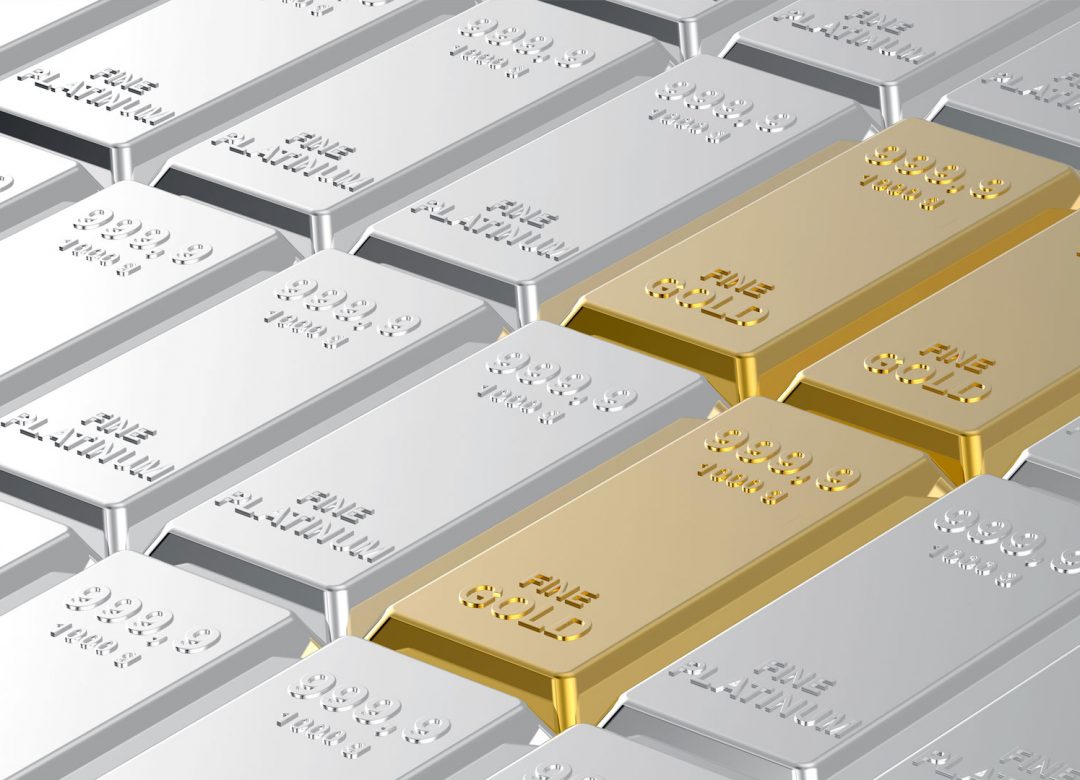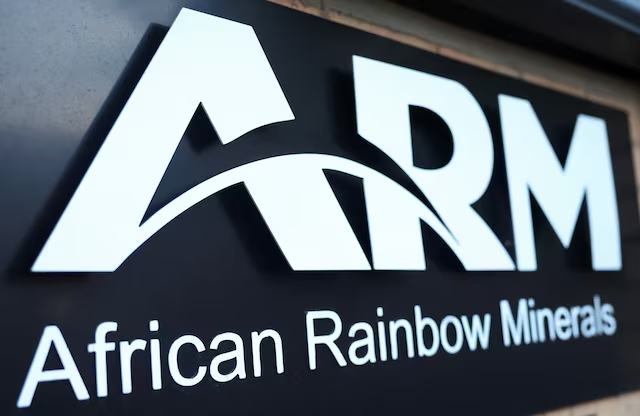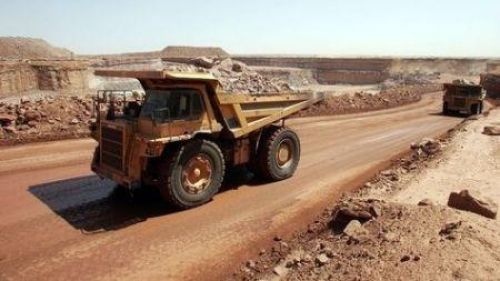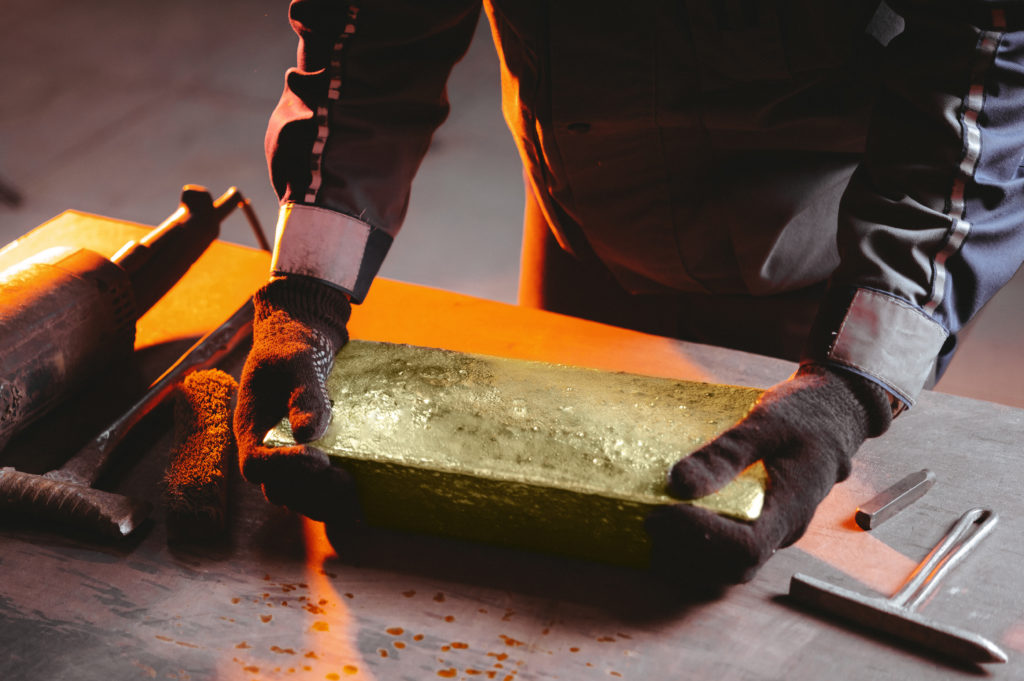Mining

Morocco’s Critical Raw Minerals: An Opportunity for Industrialization or a Geopolitical Battlefield between China and the West?
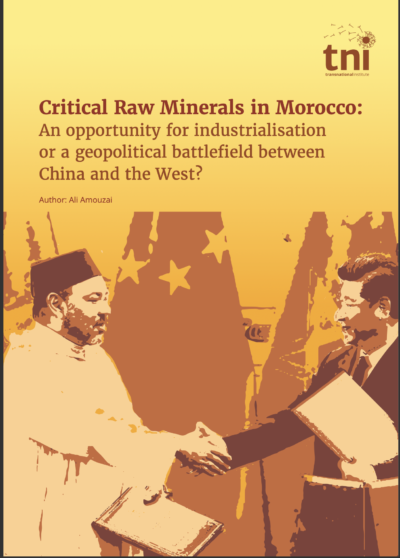
Morocco is a key source of critical raw minerals: it holds 70% of the world’s phosphate reserves; it is the world’s ninth-largest producer of cobalt and has the eleventh-largest cobalt reserves in the world; it also has copper, nickel, manganese, barite, and fluorine. But does the country’s critical raw minerals offer it an opportunity for increased industrialization? And how far do they make Morocco a battlefield in the industrialization struggle between the United States and China? This piece, which accompanies a longer study recently been published by the Transnational Institute (TNI), seeks to answer these questions.
Morocco remains a very small economic power, with a developing economy that is still dependent on agriculture and the extractive industries. Due to this weakness, Morocco mostly aims to fulfill its share of the international division of labour, while seeking to improve its position within this division by diversifying its economic partners. This is what Moroccan official documents and media propaganda call ‘seizing opportunities’: adapting to changes in the global economy and taking advantage of opportunities arising from major conflicts between world powers.
One such conflict is the intensifying US–China rivalry for control of both the production of electric vehicle batteries and the supply chain for the strategic and critical minerals needed for that production. Morocco is seeking to exploit this rivalry by leveraging its status as the only country in Africa that has both a free trade agreement with the USA and a substantial vehicle production capacity. A key factor here is the US Inflation Reduction Act, which seeks to limit automakers sourcing battery parts and related critical minerals from China. To avoid these restrictions, China is now investing in countries with free trade agreements with the US (like Morocco), as a means to continue exporting such products to the US market.
It is in this context that, over the past two years, several Chinese companies such as CNGR, Gotion High-Tech, Youshan, BTR New Material Group and Shinzoom have invested in Morocco’s critical and strategic minerals and in the manufacture of electric car batteries in the country. In addition, partnerships have been established between Morocco and Chinese companies for exploring for and mining lithium, used to manufacture electric car batteries.
Official and unofficial media propaganda portrays these Chinese investments in Morocco as a boost to the country’s industrialization, and to technology transfer, job creation, and the green transition. However, a look at Morocco’s industrial policy since 2005 gives grounds for scepticisim.
Morocco adopted a new industrial policy in 2005, called ‘Morocco Global Industry’. Its main goal was to establish the necessary conditions for foreign investment in the country’s automotive and aerospace sectors. Over the next 20 years, Peugeot, Renault and Stellantis established activities in Morocco’s industrial free zones in Tangiers and Kénitra. As a result Morocco achieved a marked increase in the share of manufactured products (including automotive products) in the country’s exports.
While this progress benefited foreign companies, as well as big Moroccan capital (with the Moroccan monarchy in the lead), it was not accompanied by technology and knowledge transfer, or by human development gains, in large part because Morocco gave foreign companies significant tax benefits and the right to remit their profits abroad. Furthermore, the Moroccan state favored turnkey projects, whereby foreign companies undertook all construction and production stages, while Moroccan contractors (small and medium-sized) were merely subcontracted for secondary activities (such as safety and cleaning). The effect was that, during this period, the benefits almost entirely went to foreign industry, leading one writer to conclude that ‘there is a lot of manufacturing in Morocco, but very little manufacturing by Morocco’.
This pattern of gains for foreign investors and local big capital, but stagnation for Moroccan industry and ordinary Moroccans, looks set to continue in the context of Chinese investments in electric car battery production. Most jobs in this sector are temporary and involve fixed-term contracts. Moreover, union activity is totally repressed in the export processing zones (EPZs) where factories for manufacturing electric car batteries are to be built. Meanwhile, local communities are completely marginalized within industrial policy, and, in the case of mining and other intensive activities, their land is being seized, and their environments are being destroyed. Likewise, the contribution of the electric car battery sector to Morocco’s green transition also appears to be illusory. While the government highlights its solar and wind mega projects to present the country as a climate leader, most initiatives are geared towards serving external markets and global supply chains rather than addressing domestic needs for clean energy or social justice. Instead of decarbonizing the economy, they reproduce the same extractivist model: land grabs for renewables, destructive mining practices, and export-oriented battery production.
This dynamic is reinforced by Morocco’s weak regulatory framework, which makes it attractive to foreign investors seeking to avoid stricter environmental standards elsewhere. As the CEO of Chinese company CNGR Europe admitted, it can take years to obtain permits in the European Union because of environmental regulations, while in Morocco the same process can take less than one month. Such practices expose how the language of “green transition” is being used to justify a race to the bottom a transition that is less ecological than geopolitical, reinforcing Morocco’s subordinate role in the global economy while placing the social and environmental costs on workers and communities.
Faced with this reality, it is essential to develop alternative policies for industrialization and development in Morocco, as recommended in the recent TNI study. These should include putting the state-owned public sector in the lead on the country’s industrialization, not the private sector, which favors quick profits over long-term development. Equally important, there is a need for greater cooperation between countries in Africa/the Middle East, and North Africa. At present, these countries are competing with each other to attract foreign investment in a race to the bottom whereby foreign investors access the regions’ resources and markets, the ruling economic elites take their share, and ordinary people sink further into poverty and misery. Only through South-South cooperation can these regions break with previous policies that have turned them into backyards for old and new colonizers (European countries/the US) and rising economic powers that are hungry for a piece of the pie (China).



